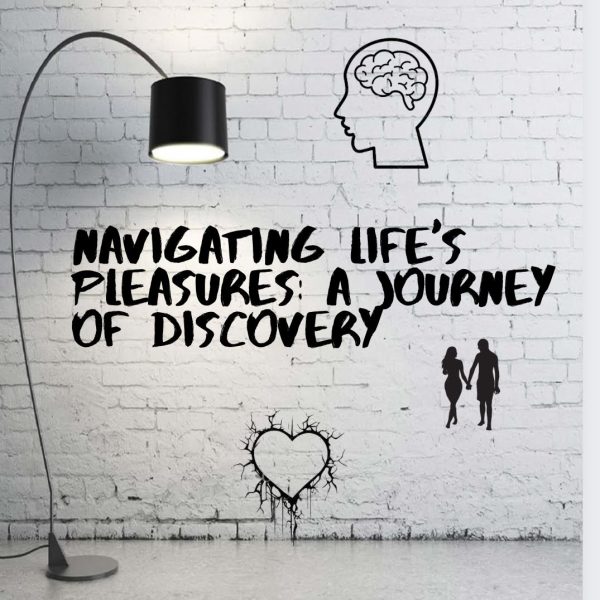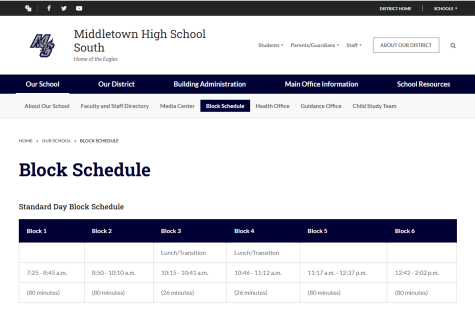The ticket to success – what does it take to get accepted?
June 16, 2015
Growing up, nearly every child dreams of making it big – attending one of the nation’s top universities, making millions, and settling down in a mansion along a riverside. What does it take to be among the most successful people in America? Education opens doors, and if your goal is to make it into one of the nation’s best universities, you’ll have to plan early.
US News ranks the top three universities in America as Princeton, Harvard, and Yale. Princeton’s acceptance rate is currently 7.4%, Harvard’s is 5.9%, and Yale’s is 6.3%. Without a doubt, it takes a substantial amount of skill and planning to receive that elusive acceptance letter from one of these idolized Ivys. However, when it comes to constructing the perfect college application, many students find themselves wandering in the darkness, completely clueless about what it is admissions officers are really looking for.
Harvard’s website proclaims to seek “individuals who will inspire those around them during their College years and beyond.” If that isn’t evasive enough, the website goes on to list qualities they search for in applicants, including future potential, passion, and ability to face pressure. Sure, you could spit out a list of all your academic achievements, all of the clubs you partake in, and that one time you were in a tough spot and persevered anyway, but would that help you stand out against the other applicants? According to the Harvard Gazette, 35,023 students sought admission to Harvard College’s class of 2017, while only 2,029 made the cut and were accepted. To be part of that 5.8%, you’ve got to really dazzle the admissions officers.
According to princeton.edu, most students accepted had perfect 4.0 GPAs, and nearly all students had SAT scores higher than 2100, with 15% of students achieving an almost perfect score of between 2300-2400. If you have these scores, don’t assume you’re in the clear. The sad truth is that most of the other students applying to these Ivys will have similar scores, thus you’ll need to find other ways to distinguish yourself. Here’s where your essay comes in to play; a solid personal essay, on top of nearly flawless grades and test scores, could be your ticket in. According to US News, a top-notch essay will be concise, focused, and a bit on the risky side. Your topic should be something you’re truly passionate about – it should reveal a part of you that admissions officers can’t see from your transcript. Above all, it’s best to apply the “show, don’t tell” method of writing, by describing specific situations rather than detailing the emotions you feel. Harvard, in particular, is looking for students that have grown over time – students that have direction and initiative.
So you have the scores, you have the essay, but what about extracurriculars? Marjorie Hansen Shaevitz, a writer for the Huffington Post, explains that “colleges look for quality of involvement rather than quantity of activities.” It is better to pick a few activities and fully immerse yourself in them, rather than try join every club, sport, and volunteering opportunity at your school. Consistency is also key – if you join a sport in 9th grade, don’t quit in 10th grade! Colleges look for achievements that you’ve made, like awards or leadership positions. For admission to an Ivy League, it’s important to show that you’ve gone beyond the norm, reaching above the expectations of your club or team. For example, instead of just acting in the school play, you could write and perform a play of your own. However, don’t think the work stops once summer hits; colleges are extremely intrigued by what students do with their three months of free time.
Gaining admission to an Ivy League takes a lot of work, and a lot of perseverance. If your goal is to get into one of the nation’s top schools, you should know that it is achievable, and that you don’t have to be superhuman to be accepted. While it is ideal that top scores, a superb essay, and dedication to extracurriculars would guarantee admission, sometimes too many high-achieving students apply, and there are simply not enough spots to admit every student that meets the criteria for acceptance. It’s important to take away that, while Ivy League schools provide great education and opportunities, getting rejected isn’t the end of the world, and there are plenty of other prestigious universities that offer just as vigorous an education.










